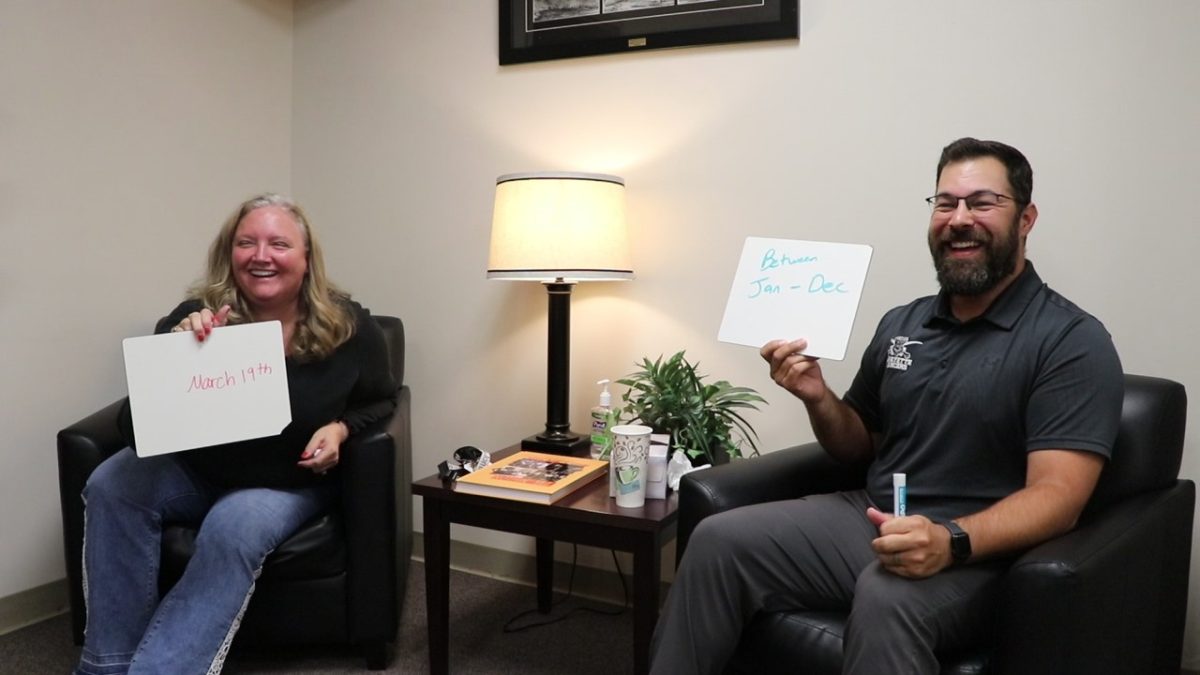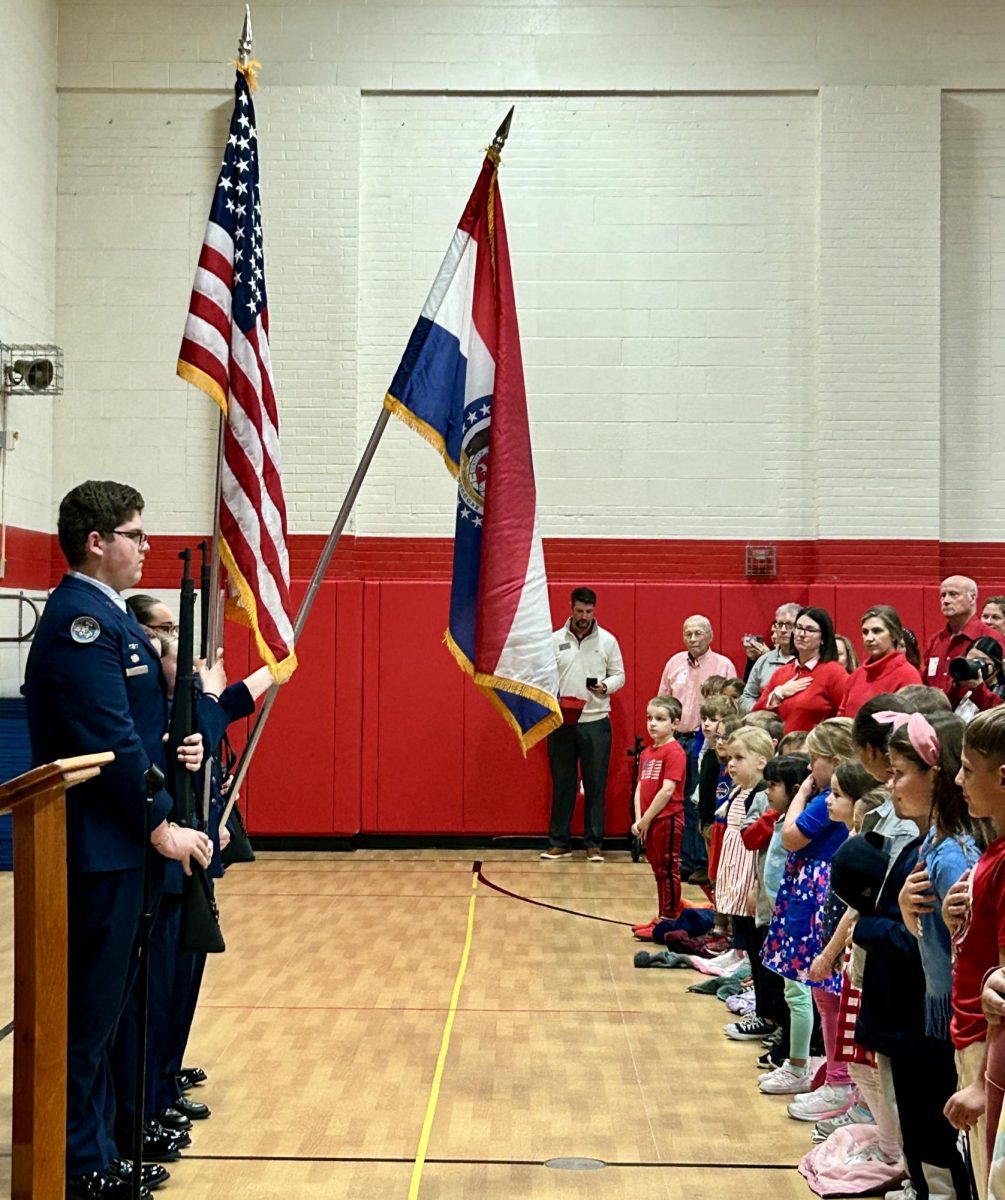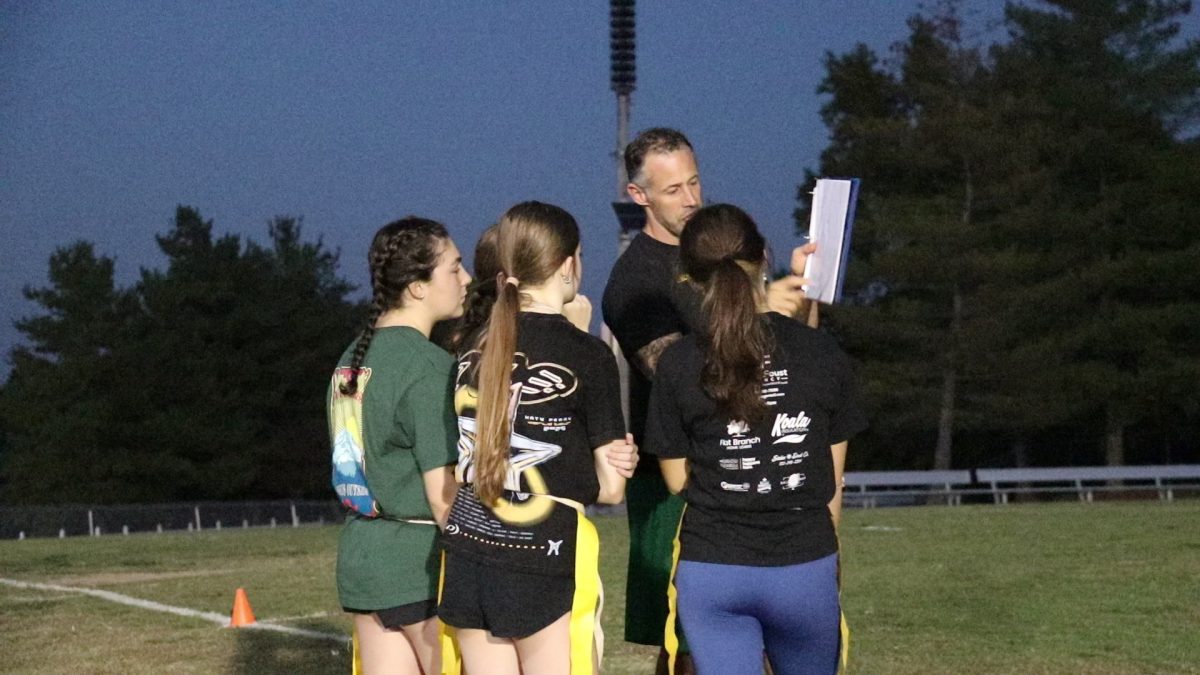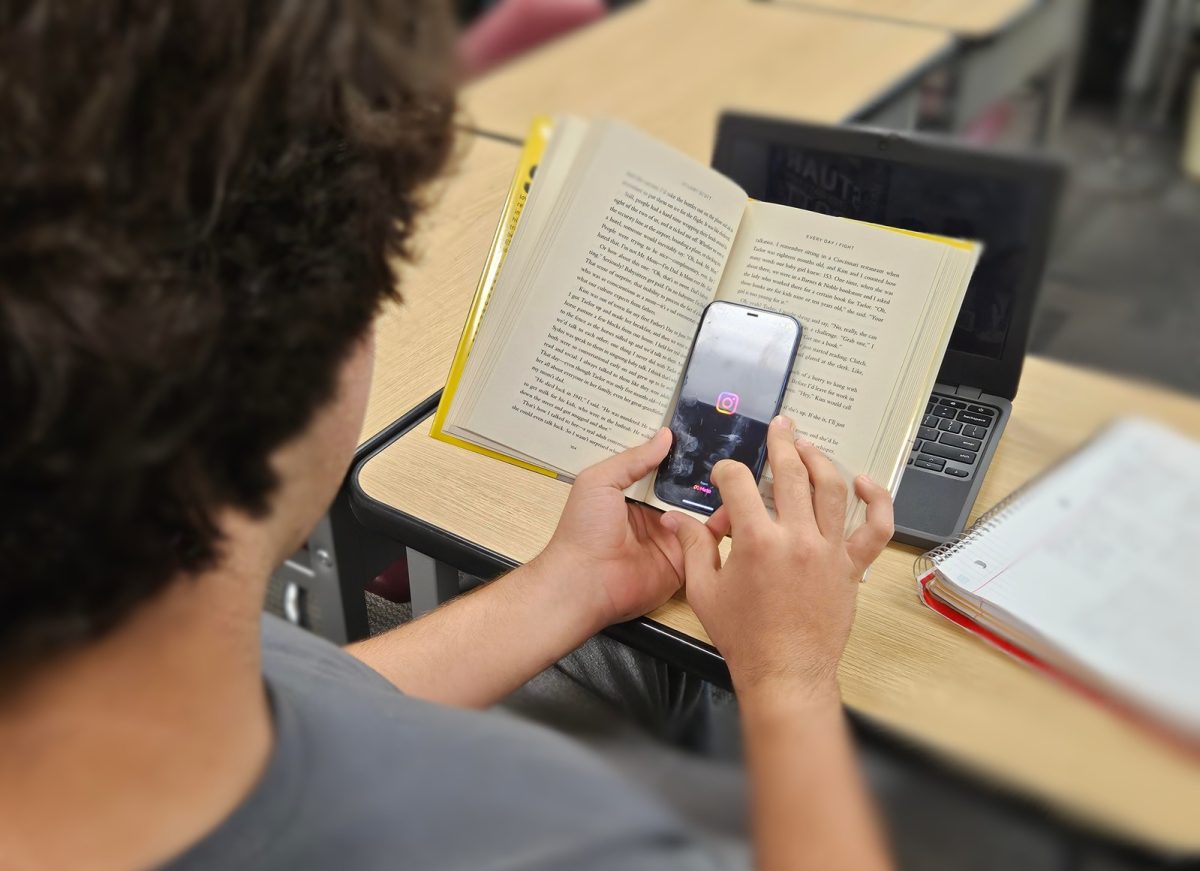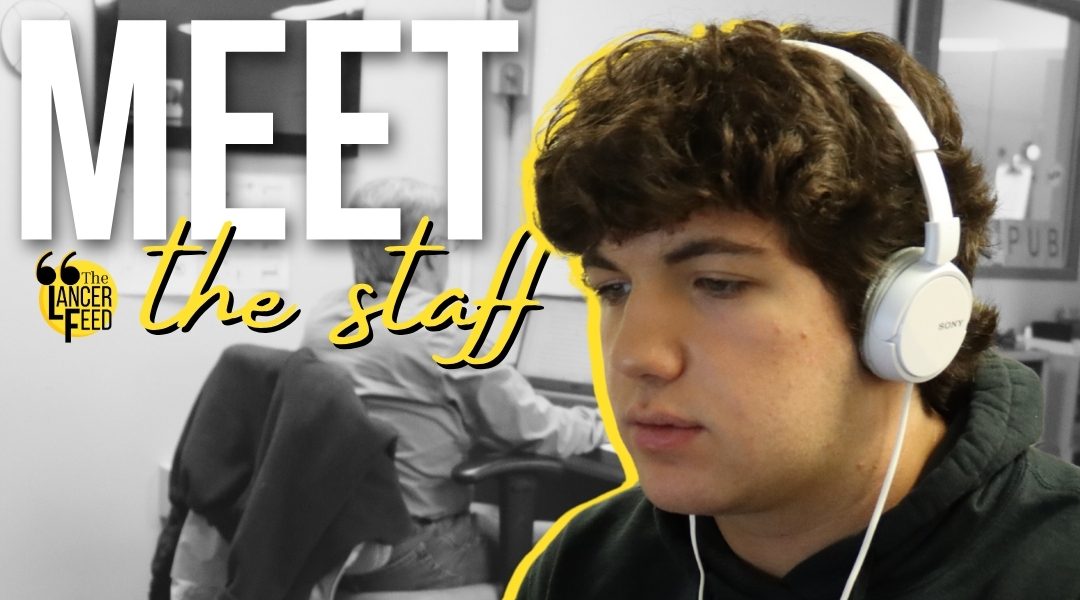Academic Lab to replace former Flex schedule format
Main differences include homeroom component, more structured scheduling
Current seniors Pranav Menon and Colin Bakker piece together a puzzle in the Library during their Flex Time in Aug. 2019. The library, amongst classrooms and other specified locations, can be selected by students to spend a section of their Academic Lab time in.
August 25, 2021
“The basis for AcLab is the exact same as Flex. We wanted to give kids time during the school day to get stuff done, instead of doing it before school or after school. So, in that [regard], it’s exactly the same [as Flex], the aim of it is the same, but the way we’re going to do it is pretty different,” Associate Principal Michael Franklin said.
Beginning on Aug. 26, the first B Day of the year, students will be introduced to Rockwood’s new Academic Lab (AcLab) period. Originally introduced as Flex Time during the 2019-2020 school year, the 84-minute block provides time on B Days for students to get academic help, meet with clubs, do make-up work due to missing school and take care of other tasks as well.
However, it will look very different from Flex Time in that students will not be free to roam the school during their time off. One of the main changes made was the addition of a homeroom for each student. Franklin said one goal of the homeroom was to allow teachers and students to make connections with each other and to give students a place to be during AcLab.
“The main reason [of homeroom] is to give kids and teachers a chance to connect, especially with a teacher that a student may not know. The way that we are setting it up means that if you are an incoming freshman, you will be with your cohort of maybe 17 or 18 other freshmen, and your [homeroom] teacher for all four years. So, it’s a great chance for students to have a mentor, and that’s a real touchstone for going to school,” Franklin said.
In order to leave their homeroom, students will be required to register themselves with the teacher they want or need to go see during AcLab using the “responsive schedule” tool on Infinite Campus. They will not be allowed to go into a different area of the building without registering to be in that room and classrooms will have limits on the numbers of students. Students will learn about the “responsive schedule” tool and how to use it in a video released by administrators during the first week of school.
Teachers will also be able to request that students come to them in order to provide them with academic support or makeup missing work.
“With responsive scheduling, each teacher will have spaces available for students to sign him or herself up into. Teachers will also have the ability to sign up students [to be in their rooms]. It will tell you in real-time where you’re supposed to be or where you can move,” Franklin said.
Club meetings will also occur during AcLab, with club members signing themselves up into spots in their sponsor’s room.
“We’re also opening it up to non-academic things. If you have a club, we’re going to make the club sponsors available during AcLab,” Franklin said.
If a student does not have any work to make up or needs to meet with another teacher, they can use the AcLab time just as a study hall or quiet time to work on their own. Places like the library, the gym, the band room and others will be open as well; although, in another change from Flex, students will not be allowed in the Commons during AcLab.

AcLab will only take place on B Days after 4th Hour. It will be made up of a seven-minute homeroom and two 37-minute mods separated by five-minute passing periods.
“We did that [eliminating AcLab on A Days] because it made the periods too short to squeeze in another hour. We could have squeezed it in, but that would have made everything really short and rushed and not great overall,” Franklin said.
Having experience with Flex Time before and watching how that played out, senior Darren Hwang is hopeful that AcLab will be beneficial for students.
“Flex a couple of years ago really helped me get my school work done, and I was able to meet with teachers and makeup or retake tests and stuff. I think this year will have the same effect,” Hwang said.
Still, other students said they would need to see AcLab in action before they could determine whether or not students would really use the time effectively.
“If I’m being honest, I don’t think people will use it how it’s meant to be used,” freshman Lillian Glandt said, “But I think people will use it one way or another. Whether it’s for school work, or for some other personal use.”
Sophomore Lilly Spaethe echoes the same sentiment as Glandt.
“It really depends on how the time is used. If both teachers and students work together, it is used effectively but if not then it won’t work,” Spaethe said.

